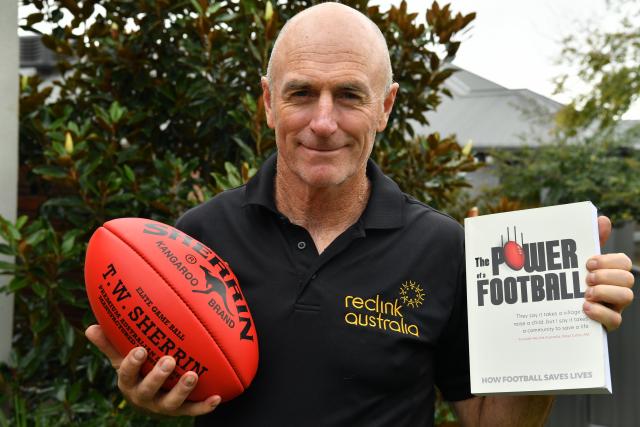
Sunbury Kangaroos held a talk on May 25, with Brian Millett about the power football clubs have in helping people overcome mental health problems and addiction.
Mr Millett, who previously played with the club said he used to suffer from addiction and was able to overcome it with the help of football.
“Sport is something to look forward to, it gives you a [purpose and] … footy is a great Australian sport,” he said.
“I had alcoholism and drug addiction and I overcame that with the help of footy … it’s how I got back into working.”
Mr Millett said people should not waste the opportunity to play football as it can provide a range of healthy strategies to overcome mental health problems and addiction.
“Don’t waste the opportunity to play footy … it’s not a dress rehearsal” he said,.
“Because the time you are going to play good footy is between 18 and 30 years old.
“You can go to the game with a head full of problems and leave it on the boundary.
“You’ll be better equipped to deal with your issues because you’ve had a run around and moved your body.”
Mr Millett said it is important for everyone to get their body moving, especially when they are struggling with their mental health.
“We’ve got this amazing machine that’s designed to move, not just sit on an iPhone.
“[You’ll] get your adrenaline and chemistry going … [and generally] the healthier the people around you are, the healthier you are.
“Being part of the community [is also important].
“If you’re overwhelmed in life you can volunteer and it will help you to feel better and part of something.
“You can use the footy club as a catalyst or vehicle to get back on track and improve your anxiety.”
Mr Millett said it’s important to seek help if you are struggling, and programs like Reclink can assist people to get them involved in the community and sport.
“The bloke you are playing or training next to, you never know what is going on inside them,” he said.
“A problem shared is a problem halved.”
Zoe Moffatt






